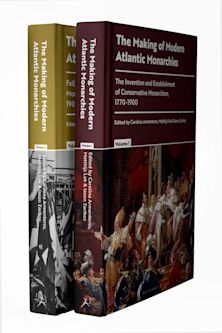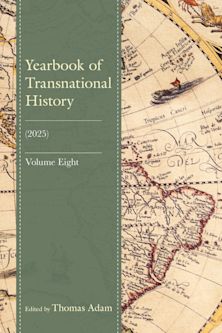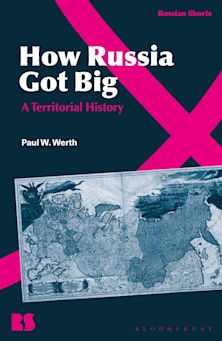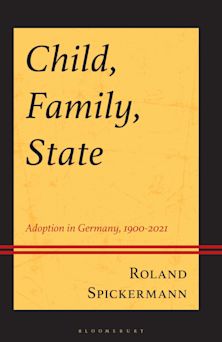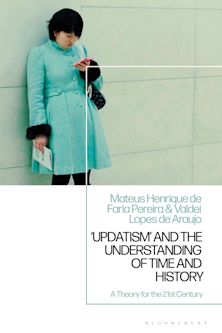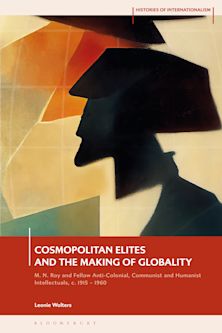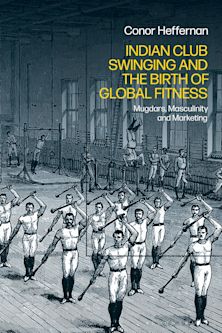- Home
- ACADEMIC
- History
- World History
- Community and Consent
Community and Consent
The Secular Political Theory of Marsiglio of Padua's Defensor Pacis
Community and Consent
The Secular Political Theory of Marsiglio of Padua's Defensor Pacis
You must sign in to add this item to your wishlist. Please sign in or create an account
Description
In the first examination of the Defensor Pacis in almost fifty years, Cary J. Nederman demonstrates Marsiglio of Padua's continuing relevance, connecting his philosophy to contemporary debates about community, identity, difference, and political participation. Community and Consent describes Marsiglio's attempt to resolve the tension in medieval Christian political thought created by the apparently competing standards of reason (thought to be the province of a few) and volition (the realm of every individual). Marsiglio argued for a harmonization of reason and will, regarding neither as sufficient to authorize political conduct. The book includes historical and biographical information not previously available in English, as well as a survey and critique of the current state of Marsiglio scholarship in all languages.
Product details
| Published | 29 Nov 1994 |
|---|---|
| Format | Ebook (Epub & Mobi) |
| Edition | 1st |
| Extent | 192 |
| ISBN | 9780742574380 |
| Imprint | Rowman & Littlefield Publishers |
| Publisher | Bloomsbury Publishing |
About the contributors
Reviews
-
Nederman's account of Marsiglio is splendid in every respect. He has given back to the history of political thought an important theorist who had just about drifted into oblivion and opens up all althogether new and exciting understanding of Marsiglio and the world he confronted. In the process, Nederman takes on the liberalsim/communitariansism debate that now rages in political theory and makes vital and innovative points about continuities that run from the Middle Ages to modernity.
Gordon Schochet, professor emeritus, Rutgers University
-
. . . excellent introduction to Marsiglio's political theory.
Alison L. Brown, Northern Arizona University
-
this is compulsory reading for all scholars interested in Marsilius and early fourteenth-century political ideas in general.
Political Studies Review
-
. . . a welcome refinement and development in our understanding of a complex theorist, particulary in the areas of human sociability, political communitiy and the organization of government. As Nederman argues, Marsiglio deserves to be read today, especially for his thoughts on conflict, human diversity and difference.
Antony Black, University of Dundee

















